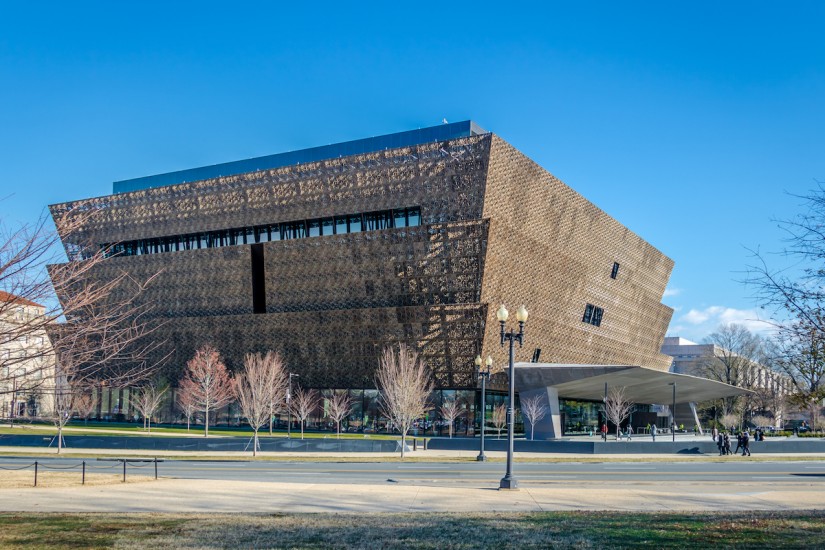When I was a little boy on our family farm, I was walking up a cotton “middle” one day, busting up dirt clods with my bare feet, and my daddy walked out into the field and told me a story. He said “Son, when I was a boy like you, just walking in this cotton patch one morning, my granddaddy rode up in his wagon and team of mules. He said, ‘Hey boy, you want to go see a hangin’?” And being a 12-year-old boy, my daddy said, “Yessir, Grandpa!”
So, he hopped up on that high wagon seat beside his grandpa and together they rode out about two miles to Coxville, where a mob had hanged a ‘colored boy’ at dawn. Somebody said he was lynched because he assaulted a white woman. Daddy said he didn’t know then what ‘assaulted’ meant, but it couldn’t be good. The body was still hanging there, left as a warning for any other ‘colored boys.’
He went on to describe the awful scene in detail, clearly horrified. He told me about how the young man, Joe Boxley, had been accused, arrested and taken to jail. Later that night, a mob of local men broke into the jail, overpowered the sheriff, took Boxley out to Coxville and lynched him. Later it became local legend that the sheriff “didn’t act entirely honorably” in protecting his prisoner.
My dad told me how the vigilantes stood Boxley up on the tail of a wagon bed, under a big oak tree. They put a noose around his neck and told him to jump off the wagon. When he refused, they said, “Boy, you jump off that wagon or we’ll cut your nuts off.” And he jumped.
This wasn’t unusual in those days. Between 1882 and 1930, there were some 214 lynchings in Tennessee alone. Thirty-seven were white, 177 were black, and the rest are unknown. Most were hanged, some were shot, and at least seven black men were burned at the stake. Boxley’s was the last known lynching in my home county, and his story made the New York Times, the Nashville Tennessean and even Time magazine. But nothing was ever done about it.
